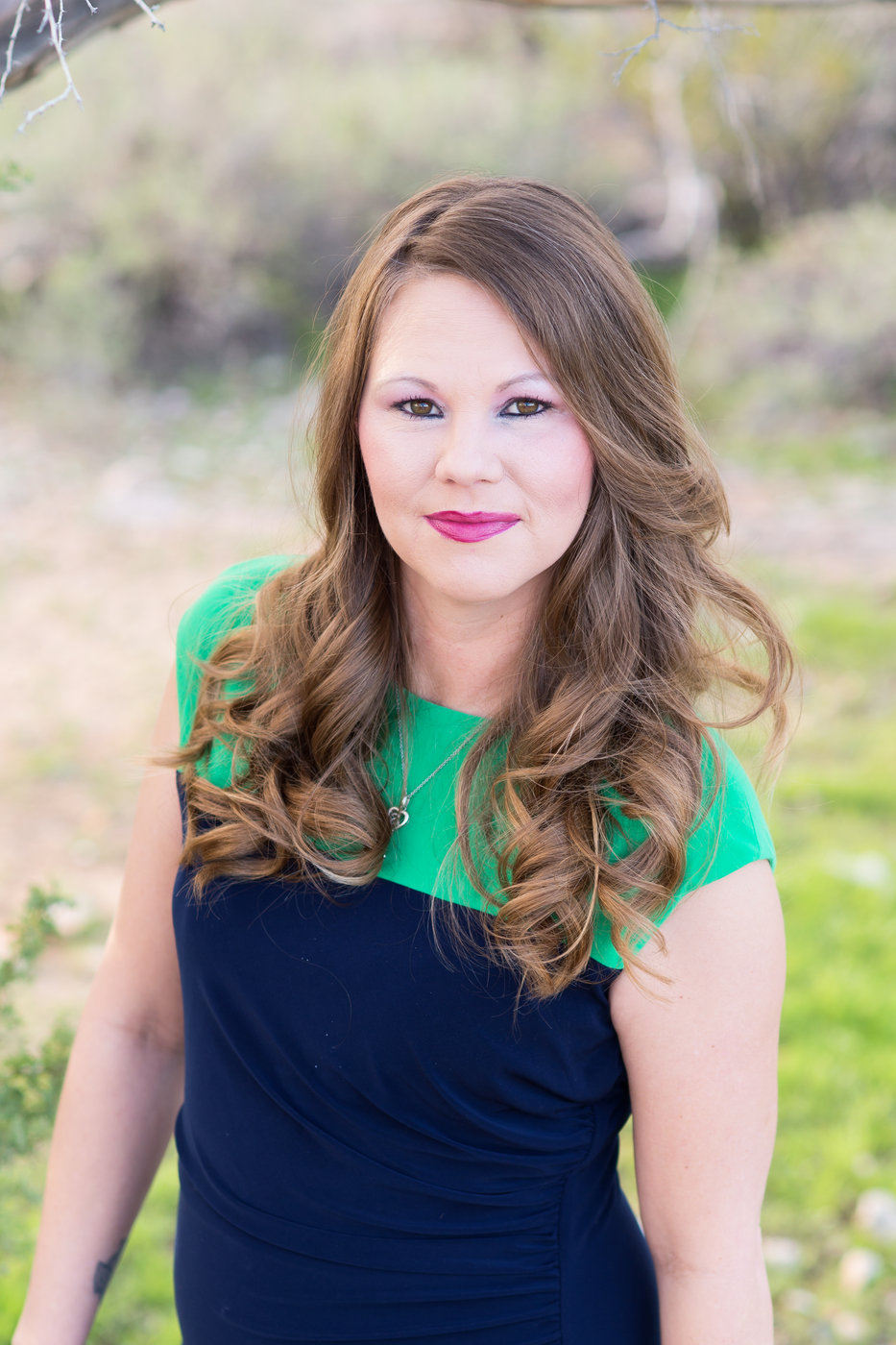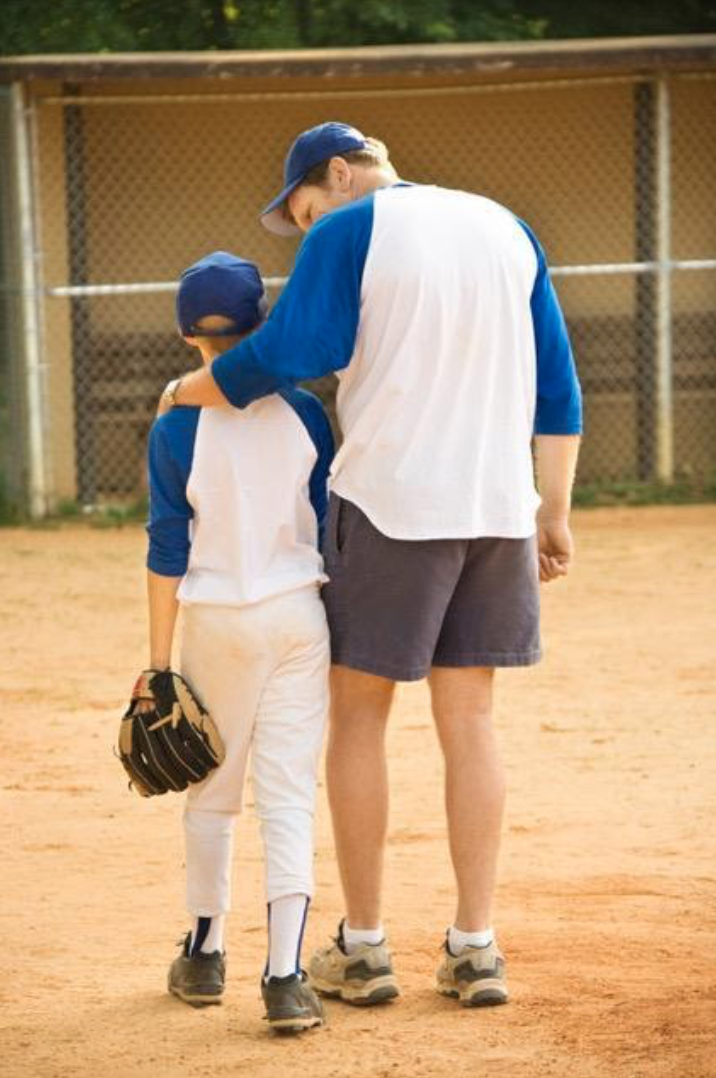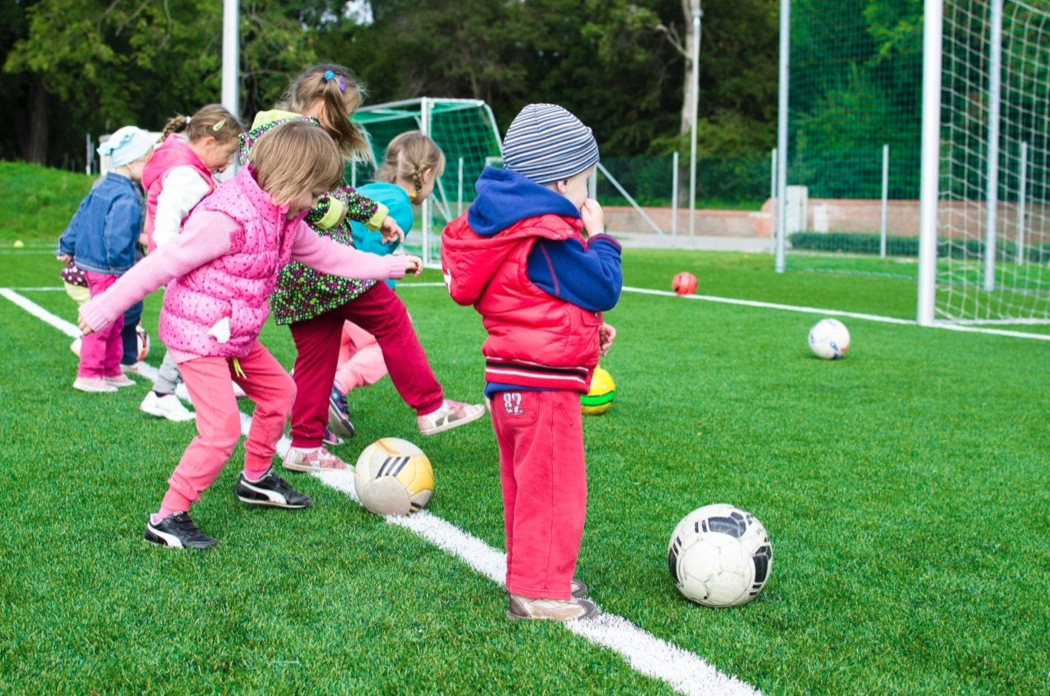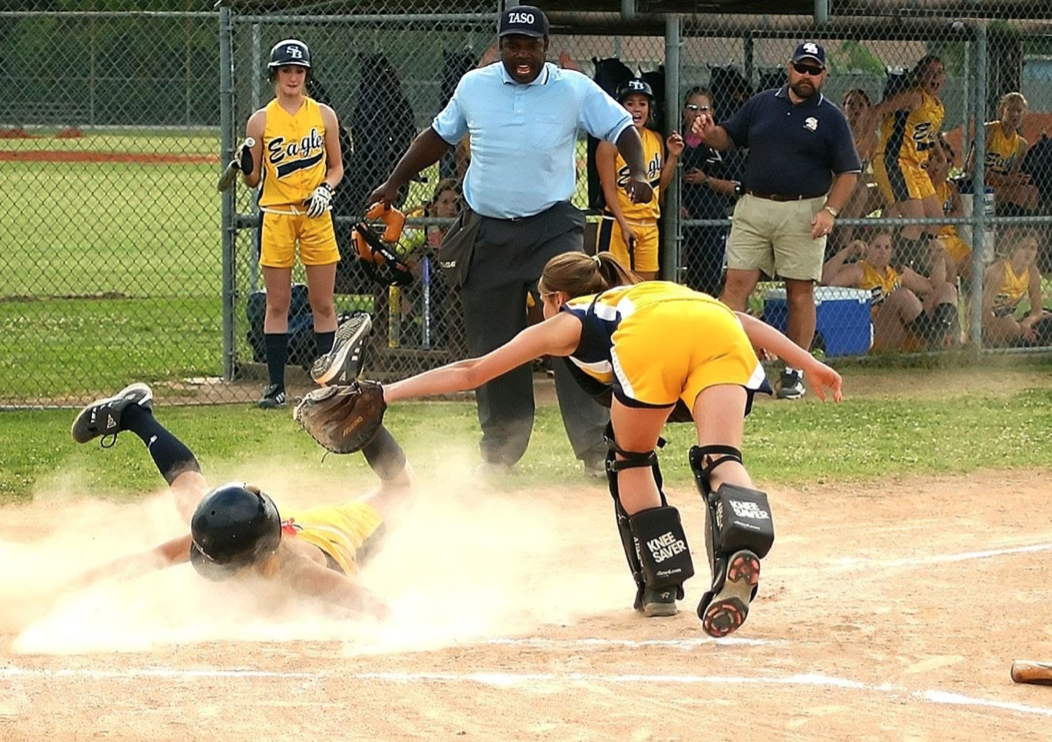
- 4927 Views
- 08/01/2020
- April Morganroth
My husband and I sat at our kitchen table late one winter night going back-and-forth as to whether two of our three sons were ready to be playing up an age group for the upcoming season or not. Maybe you have been there, too? Or maybe it isn’t something you have put a whole lot of thought into. Regardless of what decision you ultimately make, it has the potential to form, change, or discourage your young athlete.
Recently in an online forum, another mom posted an email she received from her child’s 8u head coach asking parents whether the parents felt it was better to continue to play the strongest players in the most important positions or if it was time to start rotating all players through every position. This post obviously sparked a civil, yet intense debate.

What is missed in this post is we are discussing an 8u team. Meaning, it’s a team of all first and second graders, a team of late 6-year-olds to almost 9-year-olds. That’s a WIDE gap! Three years to be exact. Children do an awful lot of growing up and begin to mature a bit in those three years. In my opinion as a mother and a coach, there really should be a divisional dividing line between first grade and second grade because of the vastly different maturity levels.
However, many leagues commonly group together first and second graders. The problem is many 6- and 7-year-old first graders are often stepping into sports for the first time ever. Many of them barely have a grasp of the actual sport and very little drive or skill. Essentially, they are still being taught things like good sportsmanship and a passion for the sport. Whereas, 7-and 8-year-old second graders have moved onto skill development and have begun to take pride in the work that they do. It’s unfair to expect these two age groups to perform at the same levels, or even think about the sport in the same way.
The magic happens at age 7
Seven is a magical age in youth sports. As a sports mom and coach, I can tell you that the light turns on somewhere around 7 ½ -years-old in most youth athletes. I’ve seen this time and time again as mom and coach.
Parents, it gets better, but you have to be willing to know when to hold them back a season or when it’s appropriate to push them ahead. It’s harder than you might want to admit to because you have to be honest about your child’s abilities, emotional and mental maturities.
I’ve coached my oldest for two full years in the 7u and 8u coach pitch division and have seen kids bloom and suddenly go all out for their preferred sport at about 7 ½ -years-old. In both of my two oldest sons, I’ve witnessed the sports awakening phenomenon at this age. However, on that cold winter night at our kitchen table last December my husband and I agreed to hold our 8-year-old back in coach pitch for one more season as well as our now 7-year-old tee-baller. It was a difficult decision.

Without a doubt we knew mentally our now 7-year-old just was not ready for coach pitch, although he has the raw talent. He had not bought completely into his sport, yet. By the end of this last spring season, the sports bug bit him and now he is looking forward to playing coach pitch this fall. In regards to our oldest son, he definitely was sold-out for his sport, had the heart and drive, but lacked some fundamental skills and maturity. Two boys for two different reasons were held back one season and it was the right decision in retrospect.
As a coach, I’ve been asked by league officials to sign off on waivers allowing children to play up or down. I’ve had parents ask me my honest opinion as to whether they should move up or hold back their child. It’s never an easy conversation or decision. In fact, it’s agonizing. If you find yourself wondering whether or not to play up or hold back your child in their youth sports careers, take the following points into consideration before making your decision.
How important is maintaining your child’s current peer group to you and your child?
Our oldest son is no stranger to straddling the age gaps. He is my September baby. He started pre-school at the same time kids his age did. When it came time for kindergarten, his birthday ended up being a couple of weeks after the state cut-off date. He had to wait another full school year to begin school. Despite the fact he was writing, learning to read, and showing signs of giftedness, schools would not allow him to start with his peers.

As parents, this was heartbreaking because that meant he would forever be the oldest kid in the class. We also had to make the difficult decision as to whether this would affect where he was in sports, scouts, and even in his church groups. Ultimately, we decided to hold him back after having a conversation with him. To him – it was important to be around kids he would be in school with. It was an extremely mature decision for such a little boy. As his parents, we had to honor that.
What playing time or maturity will your youth athlete gain by playing up versus holding back?
When a child does not have the skills or mentality to play up, often they spend more time on the bench than actually playing or honing in important skills. I’ve heard it all too often from sports moms as well as other coaches. That’s because the higher divisions have more to fight for, like All-Stars, tournaments, and championships. Several youth sports specialists actually say the premature advancement of youth athletes can lead to stunted athletic development in the long run. It also puts more pressure on a child to perform and parental one-on-one involvement outside of team time.
Does your child have the required skills or are they physically mature enough to play up?
Every parent wants to believe their child is the team all-star. Sure, some kids may very well be the team's starting line-up star, but that’s not true for most children, especially in their early youth sports lives.
Your child’s physical development should be taken into consideration. My middle son has always been a pretty “hefty” boy, solid and built thick – a cornbread boy if you will. Almost two years younger and pretty close to the same size as his older brother, he was physically ready for coach pitch last season, but not mentally. Again, he has very good natural raw sports talent but lacks attentiveness. Whereas his older brother may be gangly and tall – he has the maturity but has to work hard at developing his skills.
Most pediatricians will tell any boys parents that they develop and bloom later than girls in the same age group. Boys' growth tends to be very spontaneous – some boys develop sooner and others later, both mentally and physically. Be honest about where your own child is in his or her development, which in the long run will keep them safer in their sports career.
Lastly, what life skills, benefits, or consequences will come from holding back versus playing up?
The decision to hold a child back one season can foster a deeper reverence for the sport, give children time to mature, develop more fine-tuned sports skills and provide them a safe place to work on the life-skills being on a team sport is designed for.
Transversely, playing-up can also benefit a child and their growth – if they are truly ready. It can help a child develop their competitive tool-belt and resume needed for future college careers.

Parents, make sure to honestly evaluate a child before holding them back or playing them up. Remember, sports are supposed to still be fun and it’s difficult to have fun when a child is placed where they cannot thrive. There is no shame in holding back or playing up. It’s just what it is based on your child’s development, mentality, and age.
Maybe first graders aren’t meant to play with or be coached with second-graders, but they are. It’s the parents' and coaches' responsibility – together as an adult team to foster a life-long passion for athletics. It starts with placement.
_____________________________________
April Morganroth is a Multimedia, Print, Broadcast & Digital Journalist. She is also an Anchor & MMJ Reporter at iHeart Media as well as a Baseball mom, coach, and Sportlo contributor.






Add Comments